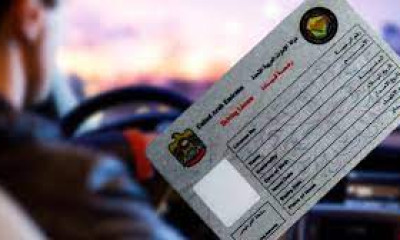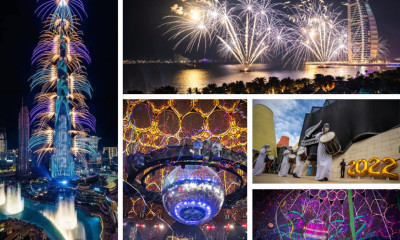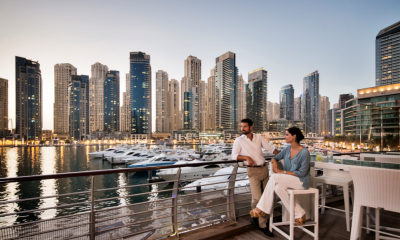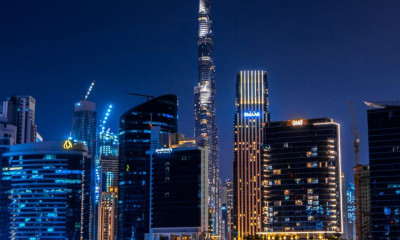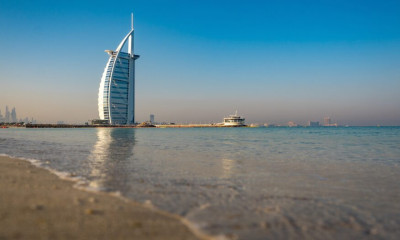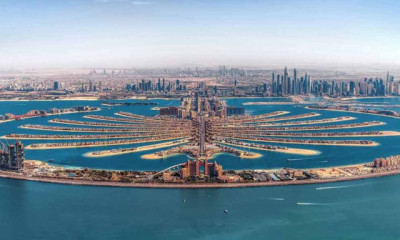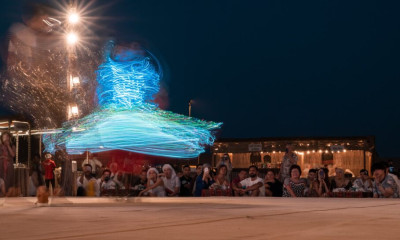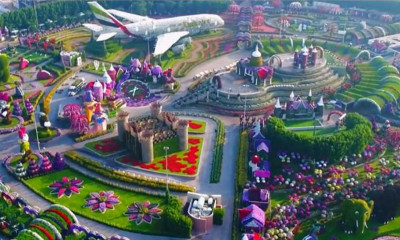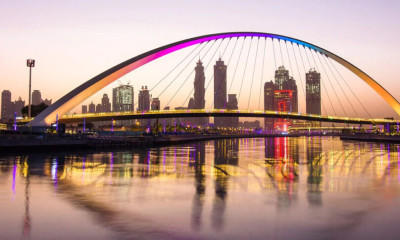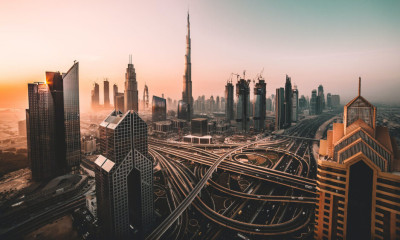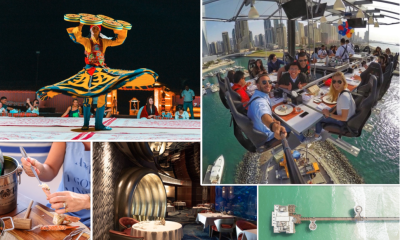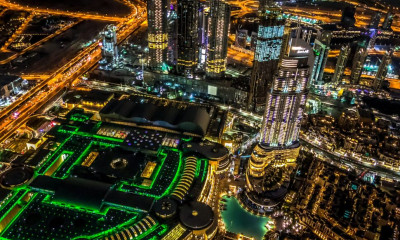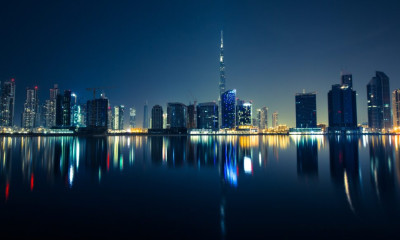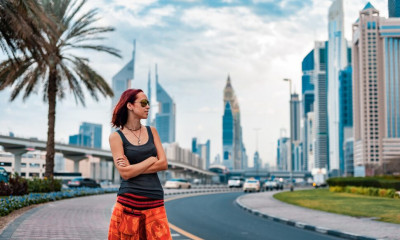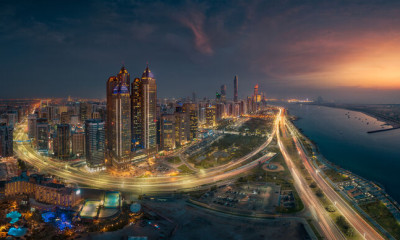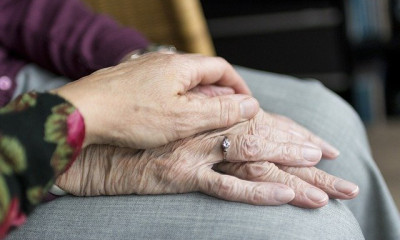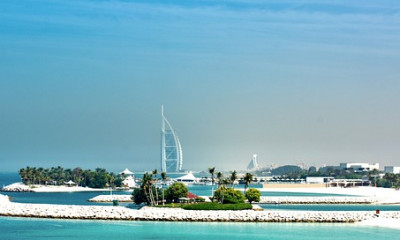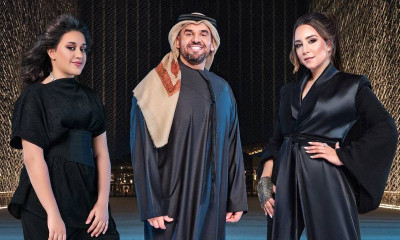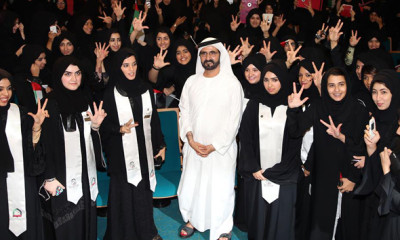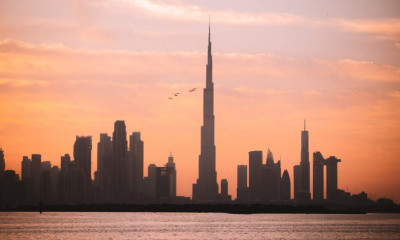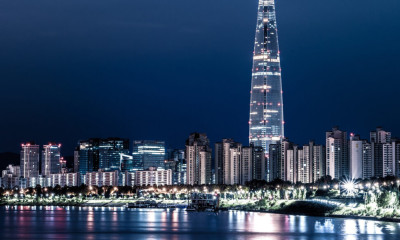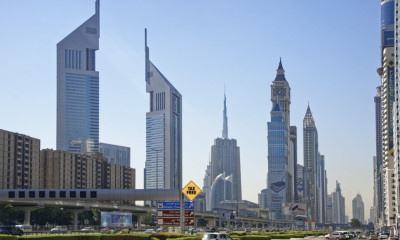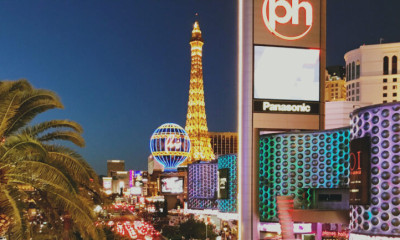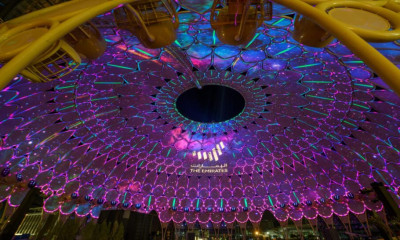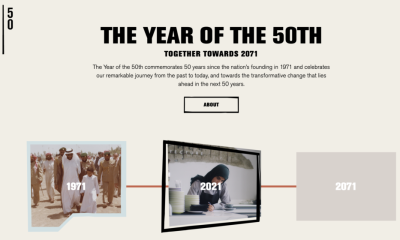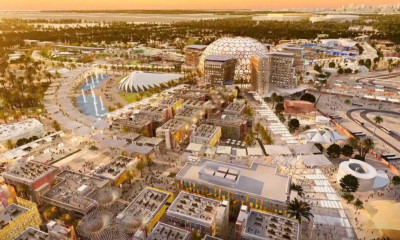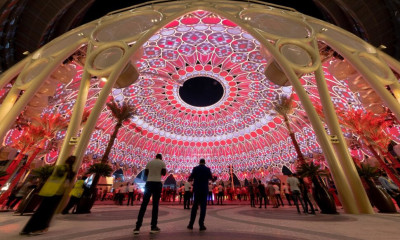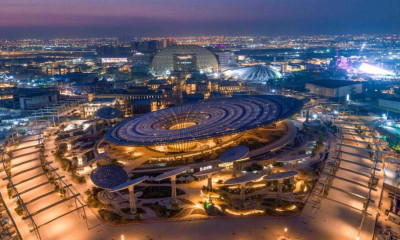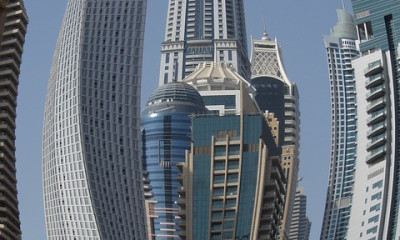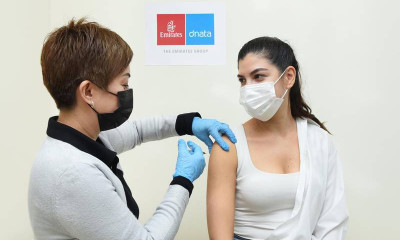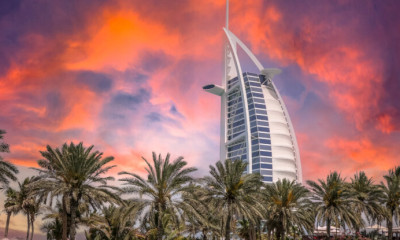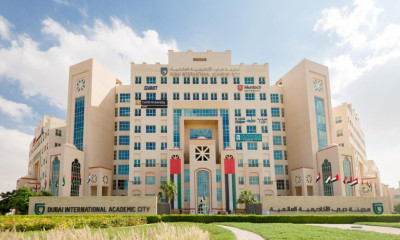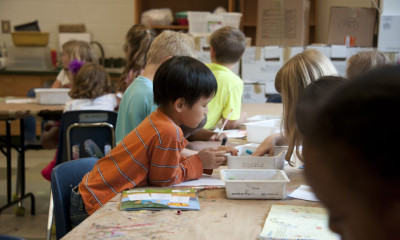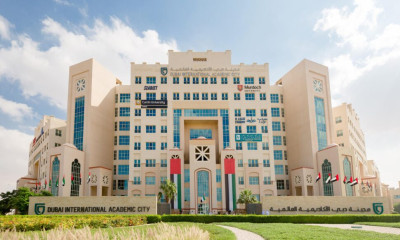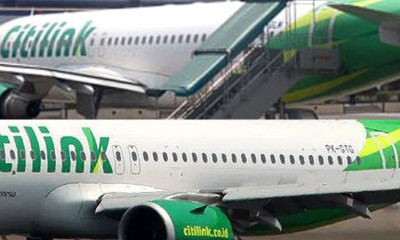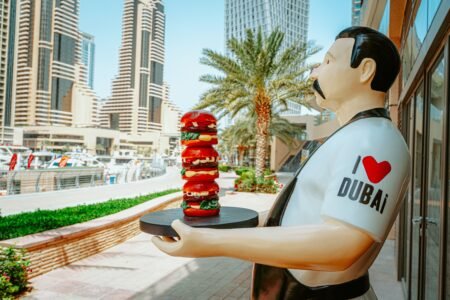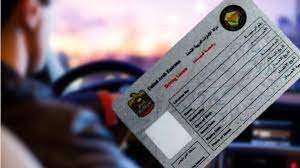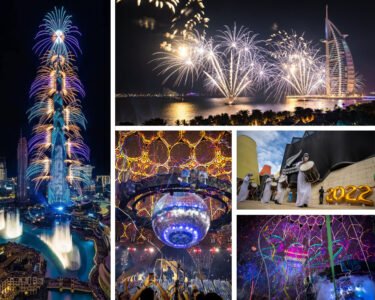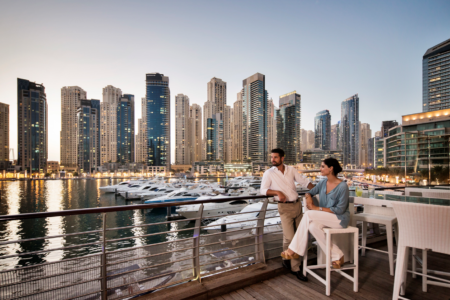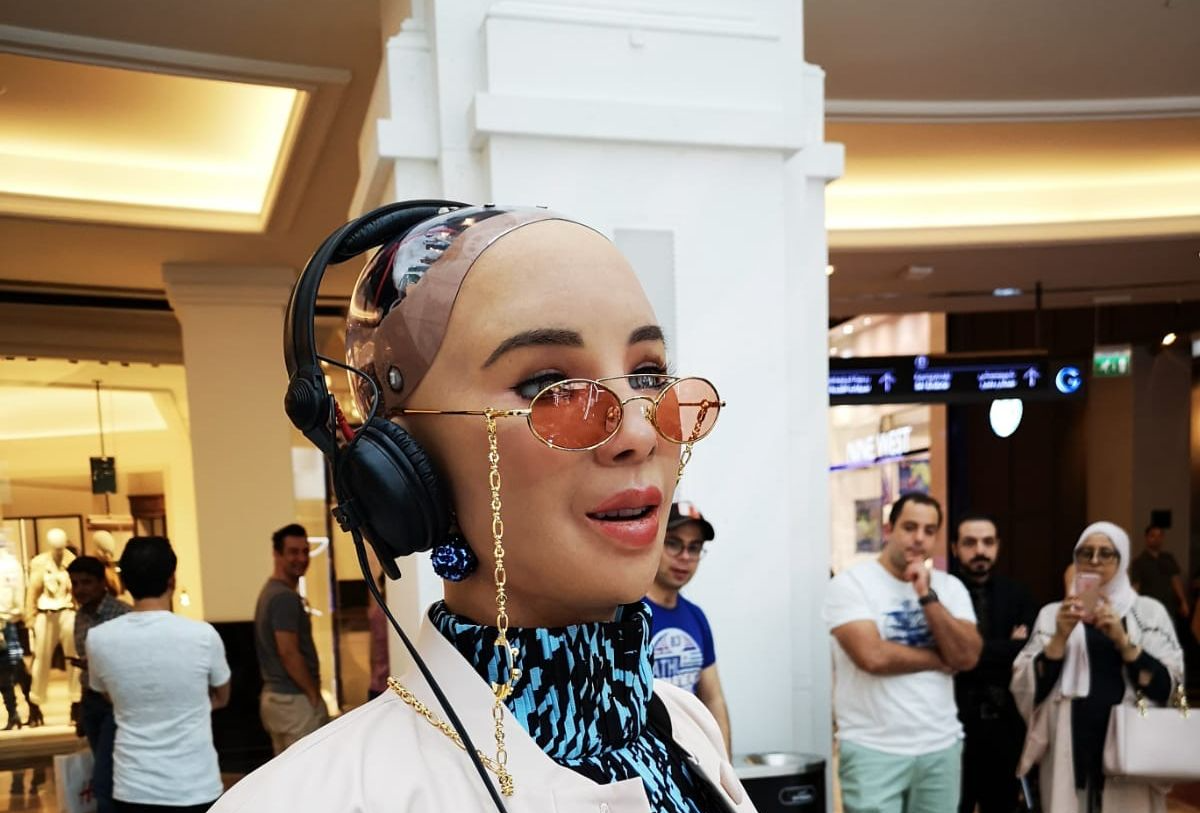
In 2009, the world’s first android robot with the ability to chat in Arabic made its appearance in Dubai and surprised Gitex visitors. Ibn Sina, named after the 11th-century polymath, came with facial expressions, hand gestures, Arabic dialogue, face detection and recognition.
Dubai has since embraced the robot revolution with bots taking over routine and even smart chores, including microchip manicures, delivery services, cleaning of metro stations, receiving police complaints – and coffee orders. The city even has a café run by robots. At Robocafe in Dubai Festival City, a robot organises orders before placing food onto a smaller service bot, which delivers it to the customer.
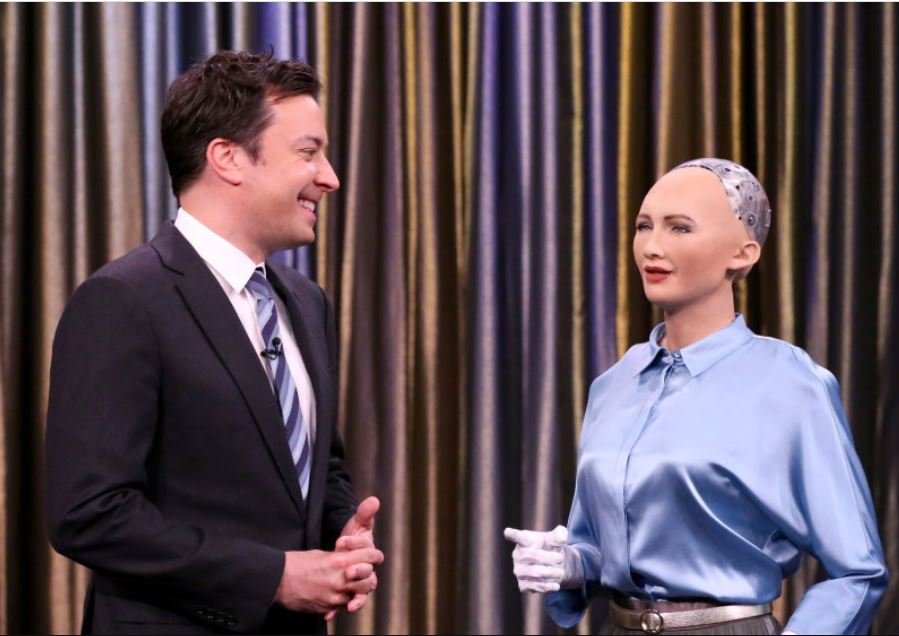
Sophia, the first robot citizen of the world, believes the UAE can be a model for AI adaptation
Throughout history, nations have been shaped by new technologies and applications but the most far-reaching impact has been of robotics on urban lives and their works. The UAE had been quick to adopt the robotics technology across various industries and robots now have a prominent role to play in classrooms and hospitals. The UAE is the only country in the world to have a Ministry of Artificial Intelligence.
Sophia, the first robot citizen of the world, believes the UAE can be a model for AI adaptation. “Let me say congratulations to the UAE for having the foresight to create a Ministry of AI,” Sophia reportedly said ahead of delivering a talk and interacting with an audience of auditors.
Dubai uses robots for law enforcement, as part of its interactive Smart Police Stations
Dubai uses robots for law enforcement, as part of its interactive Smart Police Stations. Robots are today being actively used to build and maintain infrastructure and in the aviation sector.
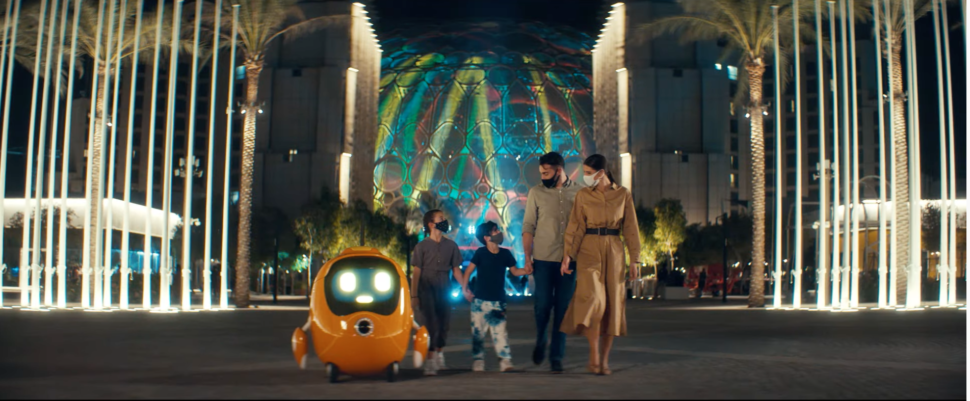
At Expo 2020 Dubai, robots will be used to control crowds and ensure social distancing. Roving paramedics will ensure safety and the venue will have AI-assisted queue controlling and isolation rooms. Officials will use robots and wearable technology to assist with visitor-facing interactions like ticketing, queue management, crowd flow and health monitoring. A total of 150 robots will be deployed across the site.
Majid Al Futtaim, which owns the franchise for Carrefour stores in the UAE, uses bots to smartly restock inventory. A robot physically scans the warehouse and reports this data back to the store teams.
To contain the pandemic, Dubai used eight AI-powered robots that used ultraviolet sterilisation to automatically disinfect public areas. Robots are also used to clean stations of Dubai Metro.
Delivers.ai, which makes self-driving bots for contactless delivery of food, grocery and parcels, says it will deploy 10 robots in Dubai’s City Walk area to pick up orders from the store and deliver it to the customer’s doorstep. The company hopes to introduce food delivery bots in Dubai Internet City, Dubai Mall and Jumeirah Beach Residence later this year.
Delivers.ai, which makes self-driving bots for contactless delivery of food, grocery and parcels, says it will deploy 10 robots in Dubai’s City Walk area to pick up orders from the store and deliver it to the customer’s doorstep
At Emirates Financial Towers and Ibn Batutta Gate robotic parking units, robots work with amazing speed and precision to move cars on all three axes: vertically between floors, horizontally in a row, and in and out of the facilities.
At the Dubai Aquarium and Underwater Zoo, ‘robo sharks’ sell tickets to visitors. Dubai Municipality uses robots to help save lives on the beaches.
In Rashid Hospital, a robot uses barcodes to dispense medicines, delivering 12 prescriptions in less than a minute without any human interference.
Dubai’s Roads and Transport Authority (RTA) uses a robot to produce number plates for cars. The RTA uses a Digital Coach – a bot – to train novice and experienced drivers and to answer their queries.
By 2030, the emirate wants robots to make up 25 per cent of its police force, including fully functioning androids capable of chasing down offenders and making arrests.
By 2030, Dubai wants robots to make up 25 per cent of its police force, including fully functioning androids capable of chasing down offenders and making arrests
Robot mobility is booming worldwide. The World Robotics 2020 Industrial Robots report shows a record of 2.7 million industrial robots operating in factories around the world.
Over the past decade, the global sales volume of industrial robots tripled, peaking at around 422,000 units in 2018. The annual global sales were valued at $16.5 billion in 2018. The global robotics market is expected to reach $74.1 billion by 2026.
Globally, the number of service robots for personal and domestic use increased by 34 per cent to more than 23.2 million units sold in 2019, according to the International Federation of Robotics.


